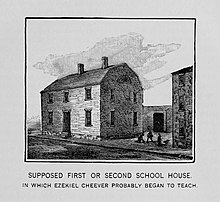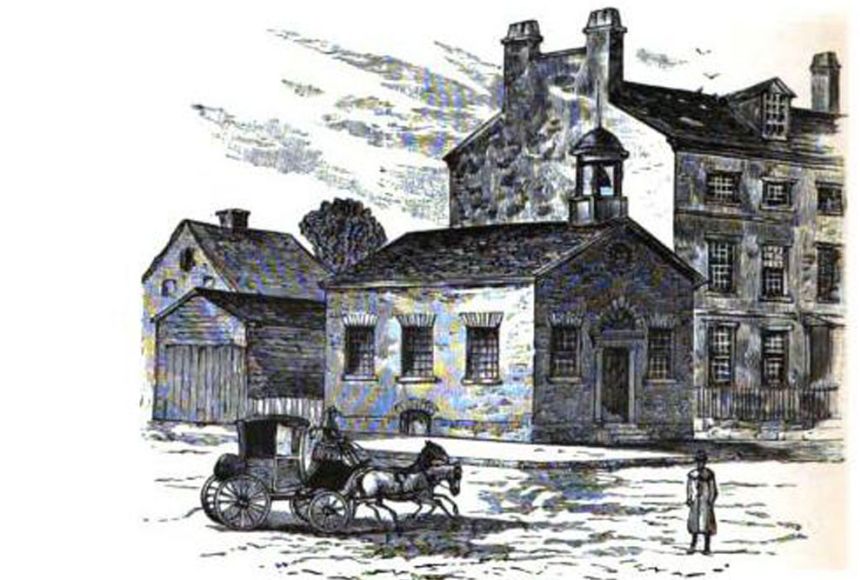Who invented school, Who made school, Who created school
Some Subtitle :
"The Evolution of Education: Tracing the Pioneers Behind School Development"
"From Ancient Scholars to Modern Innovators: Exploring the Founders of Education"
"Inquiring into the Roots of Schooling: Unraveling the Figures Behind its Creation"
"Legends and Visionaries: Unearthing the Architects of the Schooling System"
"Beyond the Classroom: The Minds Who Shaped Education"
"The Genesis of Schooling: Revealing the Brilliant Minds Behind It"
"The Birth of Learning: Uncovering the Builders of Educational Systems"

There is no one person who can be specifically blamed for the development of formal education and schools over the course of centuries. Instead, numerous civilizations and cultures throughout history have contributed to the formation of educational frameworks and institutions of learning.
Ancient societies like Mesopotamia, Egypt, China, and Greece had early education systems in place, and official schools were set up to teach youngsters and transmit information and skills. However, these early systems were either restricted to particular social groups or concentrated on particular topics like philosophy or religion.
Educational institutions developed together with society. Ancient Greek philosophers like Socrates, Plato, and Aristotle made significant contributions to the establishment of formal education in the West by emphasizing the value of education and its function in society.
The idea of formal education was further established during the Middle Ages by establishments like monastic schools and cathedral schools, where instruction was predominately given by religious groups.
Systems of free public education were established in the modern age thanks to a number of people and groups. For instance, in the 18th century, educational reformers like Friedrich Froebel and Johann Heinrich Pestalozzi created the groundwork for current pedagogical practices. Later, notable individuals like Horace Mann and John Dewey had a vital influence in forming the public education systems in the United States during the 19th and 20th centuries.
It is crucial to remember that the growth of educational institutions and systems is a complicated and continuing process that is impacted by a wide range of people, cultures, and historical situations.
Q2. Who made school
Over time and in many civilizations and cultures, formal education systems and the establishment of schools have changed. Ancient civilisations had school systems and educational institutions, including Mesopotamia, Egypt, China, and Greece.
Knowledge was passed down through the generations mostly thanks to teachers, intellectuals, religious authorities, and philosophers. Monasteries and temples, for example, were used as educational institutions.
With the rise of society came the further development of educational systems, with renowned reformers and thinkers making contributions to the improvement of educational practices and contemporary school systems.
Overall, a concerted effort over time involving various people, cultures, and historical conditions has had an impact on the formation of educational institutions.
Q3. Who created school
With contributions from several cultures, civilizations, and historical eras, formal education and educational institutions have developed over time. Religious organizations, Plato, and Aristotle all made vital contributions to the growth of education. Aristotle developed the Lyceum in Athens, focused on empirical observation, inquiry, and study of numerous disciplines, while Plato founded the Academy in Athens, one of the first established schools in the Western world.
Religious organizations like the Benedictines contributed much to education. Educational reformers like Horace Mann, John Amos Comenius, and Maria Montessori helped to build modern educational institutions. In many regions of the world, the idea of education and learning has changed and is still changing, necessitating a joint effort spanning ages and several cultures.








0 Comments